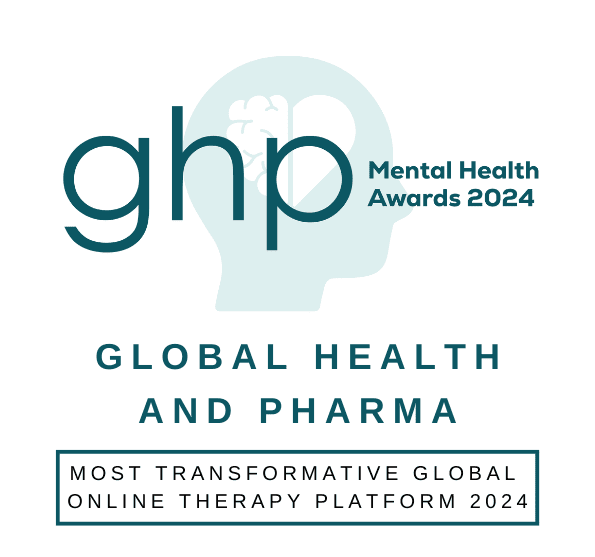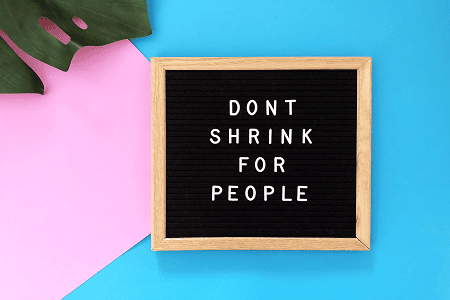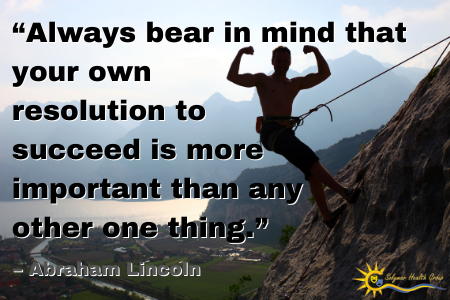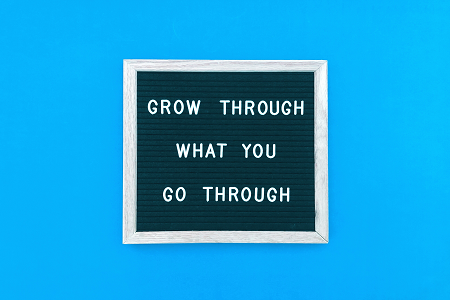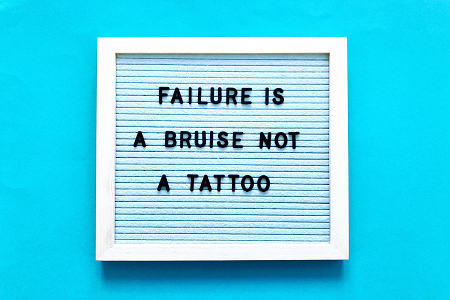Learn to Live Week 1.2
HOW DID YOU GET HERE?
You likely searched out this program because you have pain that has lasted a long time and it has gotten in the way of your daily life. You are probably feeling very drained, and vulnerable.
This program is different from other methods you have tried in order to eliminate the pain or at least make it more tolerable. You may have had surgery for your pain condition, and/or you may have tried lots of different medications and types of therapies like:
- chiropractic adjustments,
- massage,
- acupuncture,
- nutrition/diet change.
You might be thinking and/or feeling:
- I don't need a CBT program, I'm not crazy!,
- How can CBT possibly work for chronic pain?
- you might have a whole lot of different feelings happening right now
- drained and ready to give anything a try
And that is ok!
 It's important to remember that sometimes it is necessary to use several different ways to eliminate and/or reduce your symptoms. In fact, I encourage you to use multiple ways to get you back into the game. This program will NOT interfere with any of your medications or other therapies. Oh, and also.... if you are currently taking medication, please do NOT stop. It is possible with this program to have success with reducing and eliminating medication, but that is something you work towards and get support from your medical professional to do so.
It's important to remember that sometimes it is necessary to use several different ways to eliminate and/or reduce your symptoms. In fact, I encourage you to use multiple ways to get you back into the game. This program will NOT interfere with any of your medications or other therapies. Oh, and also.... if you are currently taking medication, please do NOT stop. It is possible with this program to have success with reducing and eliminating medication, but that is something you work towards and get support from your medical professional to do so.
WHERE DO YOU WANT TO GO?
Everyone has had pain at point in their life, and when pain occurs, we want it to be gone. It makes sense that if you have chronic pain, you really want it to go away. As the pain drags on, you may have thought, or maybe even told, that the pain will never go away completely. This can be very discouraging and may even provoke a variety of emotions.
Thought Question:(How would you answer these questions)
- What does it mean to you to have to "learn to live with pain?"
- If you can't be "cured" of the problem that has brought on the pain, and be rid of this pain forever, what would be the next best thing?
- Which parts of your life are most important to you?
The answer can depend on:
- What is important to you
- Your values and the life you would like to lead
- How robbed of life you feel by the pain
Learn to Live is one more tool to help you get back the parts of your life that are most important to you. The worksheets are designed to help clarify the goals for living a meaningful life.
WHAT DO WE KNOW ABOUT PAIN AND HOW TO MANAGE IT?
It use to be that health care professionals thought that the amount of pain someone experienced was directly related to the severity of damage a person had in their body - a severe injury or disease, the more pain. Research now shows that this is not true. We now know a one-to-one correlation between the amount of pain someone has and the extent of an injury or disease has no bearing on the severity of a persons pain. The amount of pain you experience has to do with the activity in the brain. The experience of pain, the amount we suffer from it, and how we cope with it all depends on what is going on in the brain.
This implies that:
- damage in your body alerts pain receptors that are transmitted to the brain via nerves
- the brain itself can exert its own control over the pain signals coming to the brain
- the brain itself can either amplify or reduce the experience of pain.
This suggests that two people with the same kind of injury or disease can vary in their experiences of pain. This is sometimes referred to as "gate control theory of pain." Over time and with repeated exposure to pain, our brain can:
- become more sensitive to pain signals, and
- a stimulus or sensation that others might not find painful can become painful to you.
This process is called "central sensitization."
This information is important to you because, with coaching and practice, you can learn how to quiet the brain chatter.
The Brain and Pain exercise in the workbook for this session will help you understand these important connections between the brain and the experience of pain.
WHAT DOES PAIN SELF-MANAGEMENT MEAN?
Pain Self-management was defined as the “individual's ability to manage:
- the symptoms,
- treatment,
- physical and,
- psychosocial consequences and lifestyle changes inherent in living with chronic pain.
The Learn to Live techniques will help educate you to be better at identifying your symptoms and triggers and provide you with the tools/skills to help manage your chronic pain. It is a different way of approaching pain than you may be used to, and at first, you may be wary of the idea of self-management.
This is usually because:
- you feel like you have already tried everything you can think of, and the pain is still there.
- you think that pain self-management means that you are on your own and can't expect any more help from anyone.
This can sometimes make you feel:
- defeated
- depressed or,
- you just couldn't muster up the motivation to even try to help yourself anymore.
Here's the good news:
This Learn to Live program is designed to teach you some skills you may not have learned before. These skills are specific to helping you cope with your very "real" pain problem. You are not on your own, and our coaching services can be utilized if you are feeling overwhelmed. Our coaches are trained at:
- keeping you on track with your goals,
- keeping you accountable for your actions,
- helping to motivate you to give the skills a try,
- to encourage you to keep trying the skills and,
- to empower you so that you can begin to feel more in charge of your life and what's important to you.
ARE YOU READY FOR PAIN SELF-MANAGEMENT?
Lets recognize that the idea of pain self-management may be a new concept for you. You probably have lots of questions about it like:
- How much work is this going to involve?
- Are you going to have to stop taking my pain medicines?
- What if I try something and it still doesn't work?
These are all valid questions. This approach does not require that you stop taking pain medication, although as you learn other pain management strategies, you may feel that you don't need as much medication. The program will teach you a variety of tools and skills.You can expect some will work better then others for you. Each person is different in terms of what helps. And sometimes, something that doesn't seem to be useful immediately will become useful at a later point or with further practice. Pain self-management does take effort on your part-in. It is not like taking a pill, t is more like learning how to ride a bike, swim, or any other skill. They require practice. However, unlike a pain pill, pain self-management does not come with problematic side effects, and the skills are yours for life.
- WHAT IS SHARED RESPONSIBILITY FOR TREATMENT?
If you choose to add our coaching services in conjunction with this program, it does involve a partnership between the coach and you. Both of you has certain responsibilities.
Your coach has the following responsibilities:
- to listen carefully to you and your goals and values,
- to teach you skills that have been shown to help with managing chronic pain,
- to keep things moving in the right direction by staying on track and keeping on time.
Your responsibilities are the following:
- keep scheduled sessions
- be an active participant and try each skill when it is presented
- practice what you learn in between the sessions
- come in with feedback about what helped and what didn't.
WHAT IS CONFIDENTIALITY, AND WHAT ARE ITS LIMITS?
Confidentiality means that what you tell your coach remains private, unless you give specific permission to share the information with others. There are certain limits to confidentiality:
If you tell your coach:
- you are planning on hurting yourself or someone else
- that you have hurt a child or an elderly person
- Your coach is required by law to report it to keep you and others safe.
You coach will want you to share important events, but in all cases share only what you feel comfortable sharing. This Learn to Live program follows a specific structure, and you are not expected to:
- dwell on your past,
- your psyche,
- or even what brought you here.
If you keep an open mind and give these ideas and skills a try, you will likely come away with some new and effective ways to cope with chronic pain.

